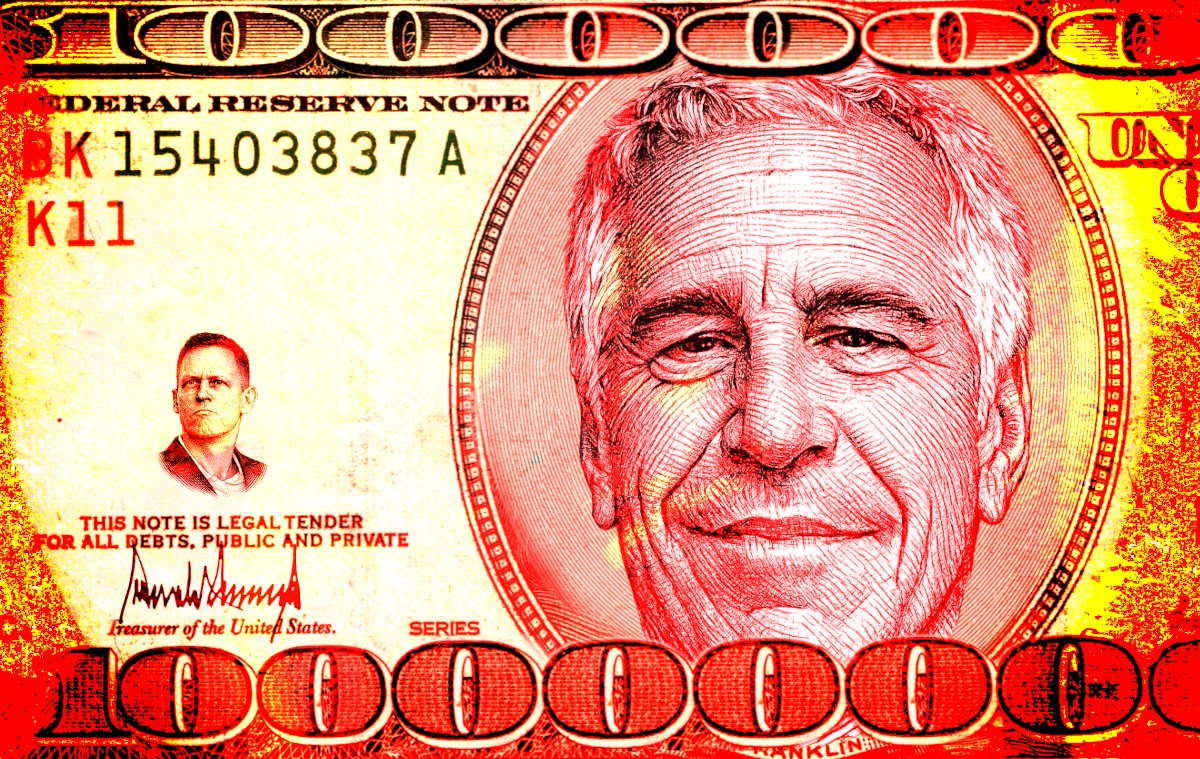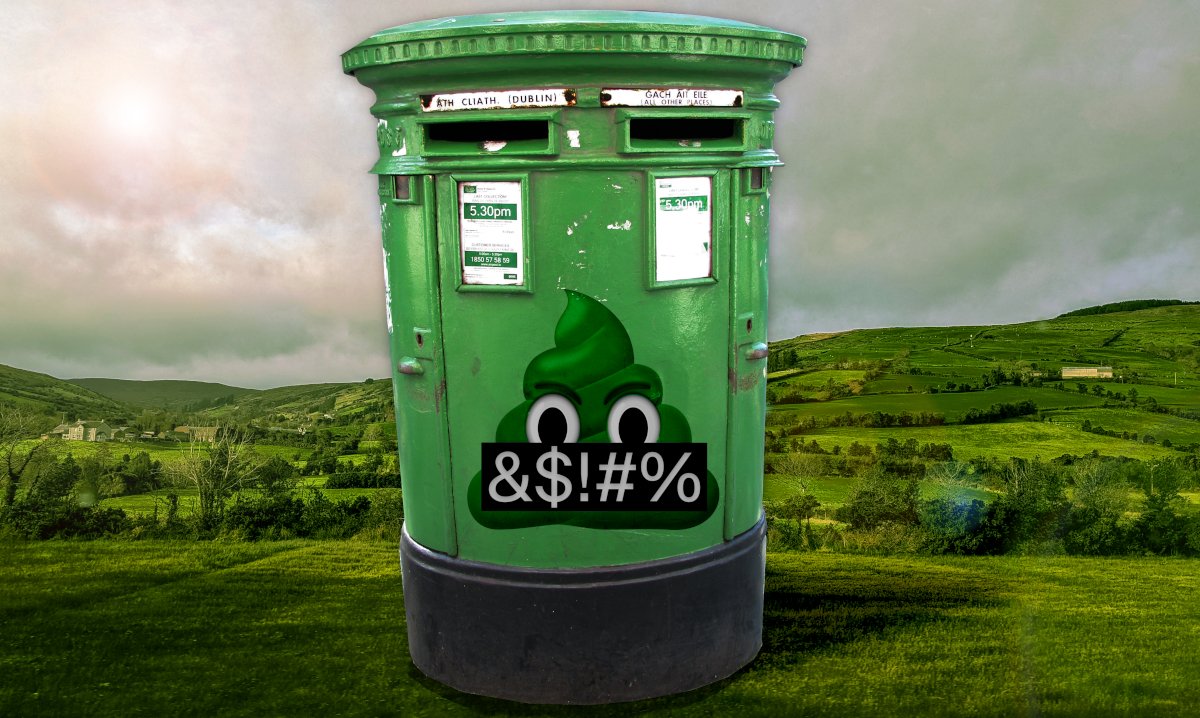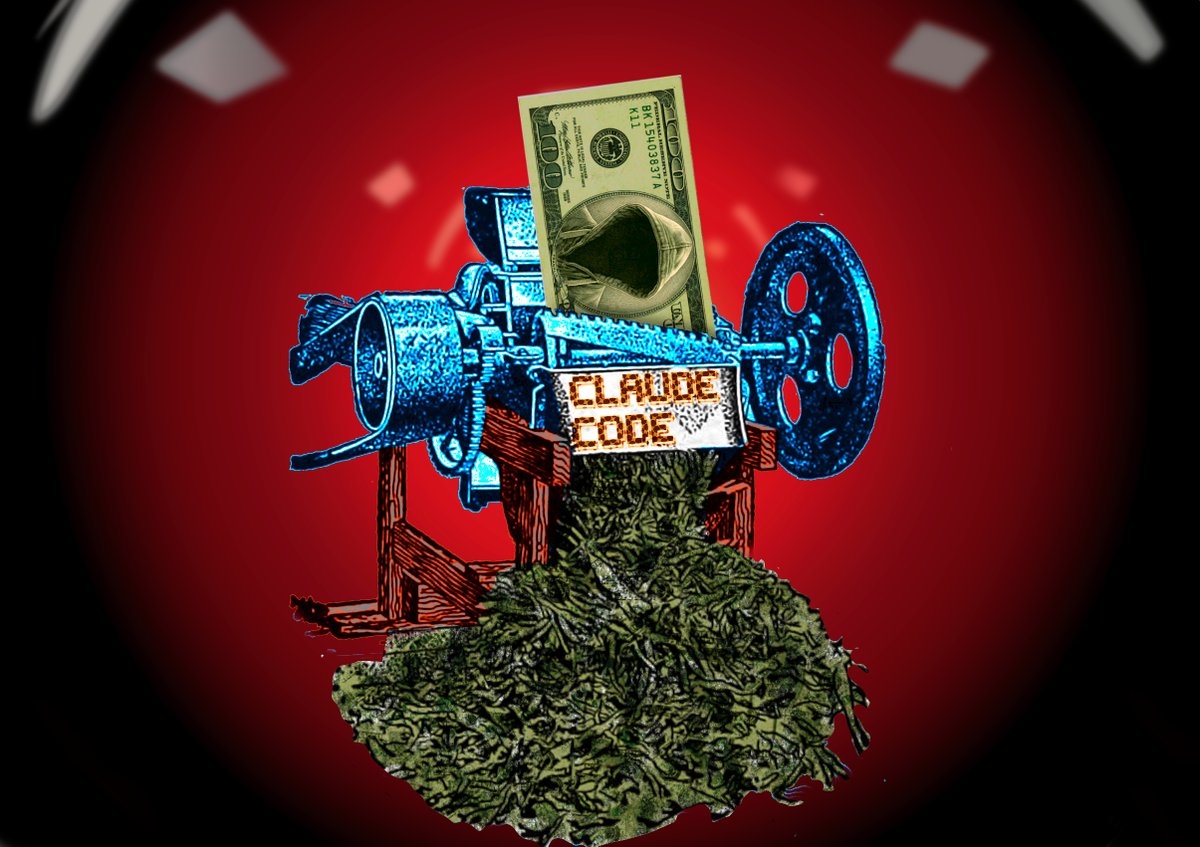The Dream Called EPCOT (1981) admiralplaceholder.tumblr.com/post/649826690…
The Dream Called EPCOT (1981) admiralplaceholder.tumblr.com/post/649826690…
The Dream Called EPCOT (1981) admiralplaceholder.tumblr.com/post/649826690…
The Dream Called EPCOT (1981) admiralplaceholder.tumblr.com/post/649826690…
The Dream Called EPCOT (1981) admiralplaceholder.tumblr.com/post/649826690…
• • •
Missing some Tweet in this thread? You can try to
force a refresh










